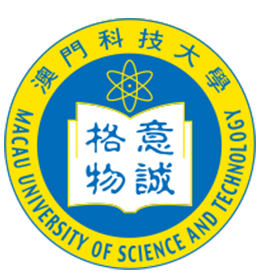During the last three or four decades, driven by unprecedented technological advances and the proliferation of trade, many nations in the world have enjoyed enormous increases in income. For example, the GDP of China in 2023, after deducting inflation, is 47 times that of 1978. Changes of this order of magnitude would lead not only to huge improvements in living standards but inevitably also to major social imbalances and tectonic shifts in international geopolitics. Yet the mechanisms and implications of these changes are far from being well understood. Analyzing these phenomena will help us push the entire field of development economics forward. The Institute of Development Economics at MUST is established to make contributions to this endeavor.
In recent years, in the field of development economics, there has been a shift of trend from highly mathematical theories to sophisticated empirical studies. Researchers have placed great importance on real-world experiences and the outcomes of natural policy experiments. Fieldwork, area studies, evidence-based policy analyses, and economic experiments have gained significant respect.
MUST is well suited to take advantage of this new trend. It is strategically located in the Greater Bay Area, arguably the fastest-growing region in the world. Our faculty and students have easy access to global information and are sensitive to changes in the Greater Bay Area and China as a whole. There is a wide range of topics in development economics, such as healthcare policy, environmental issues, technological innovations, income discrepancies, government finances, trade policies, or BRI initiatives, to which MUST can potentially make contributions. The Institute of Development Economics is a vehicle for MUST to organize its resources to attain these ends.







